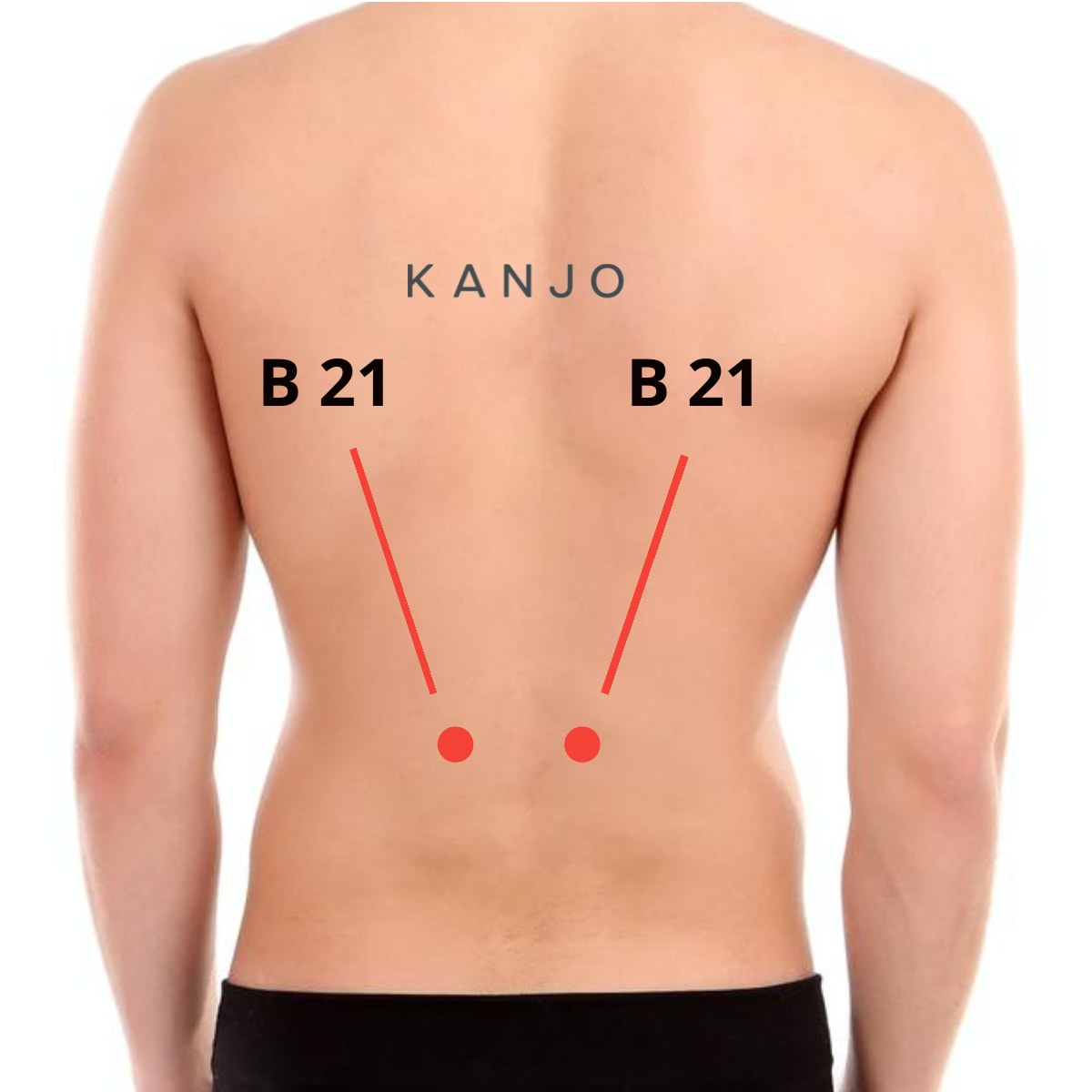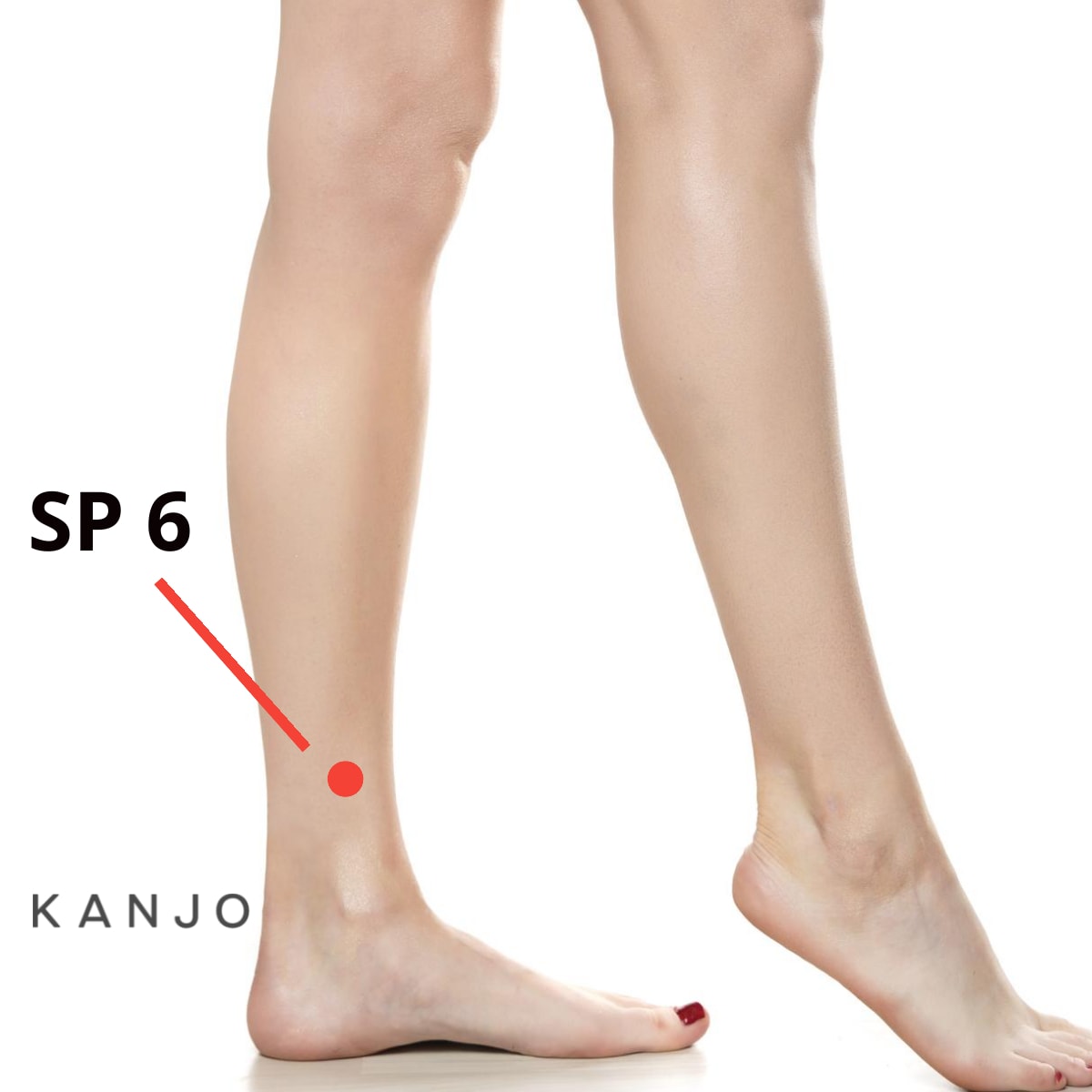Proctalgia fugax is often described as a burning or stabbing pain in the rectum area that lasts for fleeting periods of time, usually not more than a few minutes.
Proctalgia fugax is a common problem that affects 8 to 18% of the population with more women than men. This condition usually affects those who are 30 to 60 years old.
This article explains what proctalgia fugax is, how it affects people, and what causes it. We also provide information about diagnosis and treatment options.

What Is Proctalgia Fugax?
Proctalgia fugax is a condition where patients experience sudden and severe burning pain in the rectum that can last for a few seconds to several minutes.
The rectal pain can be intense, uncomfortable, and feel like your buttocks are on fire or being stabbed. It will usually come on suddenly and give the sufferer no warning.
Proctalgia fugax is related to other functional anorectal pain disorders that affect the stomach and intestines. The most common relationship is with levator syndrome.
Proctalgia Fugax vs. Levator Syndrome
Anorectal pain conditions without any identifiable direct causes are classified into three types:
- Proctalgia Fugax: Sudden, intermittent anorectal pain that is short-term and lasts for seconds to minutes.
- Levator Ani Syndrome: Constant, duller pain episodes that usually last for more than 30 minutes. Pain is generally located in the pelvic, thigh, and buttocks areas. More discomfort and pain comes when sitting. Pain is lessened when lying down or standing. This is more similar to chronic proctalgia that consists of dull pain for longer periods of time.
- Unspecified Functional Anorectal Pain: This is for anal pains that don't fit well into the other two categories.
What Causes Proctalgia Fugax?
It's hard to pinpoint the exact cause of proctalgia fugax. Different people have different reasons for their symptoms and pain.
There can be a number of other conditions that cause muscle spasms in the anal canal and pelvic floor muscles. That is why diagnosis of proctalgia fugax is difficult.
Sometimes an underlying condition causes proctalgia fugax, and treating that condition will relieve the symptoms.
Here are some of the most common causes and triggers of proctalgia fugax symptoms:
1. Stress

Anxiety, stress, depression, and panic attacks all increase the chances of having proctalgia fugax. These emotions cause the anal muscles to tighten and cramp, leading to the painful spasm.
2. Hemorrhoids
Hemorrhoids are swollen veins in the lower rectum that can cause pain in the anal canal. They can become inflamed and irritated, causing the anus to swell and bleed. When this happens, the anal muscles get tight and painful.
3. Rectal Ulcers
Rectal ulcers, also known as solitary rectal ulcers, are small sores (ulcers) that develop in the rectum due to conditions like chronic constipation, sexually transmitted diseases and infections, or inflammation from inflammatory bowel disease (IBD).
If you have these sores, you may notice a burning sensation in the rectum, especially during a bowel movement. You also might see blood or mucus in your stool.
4. Abscesses

Abscesses are collections of pus that form inside the body due to a bacterial infection. Sometimes anal abscesses can develop in the rectum area.
If there is an infection or abscess in the anal area, it can lead to proctalgia fugax and painful bowel movements.
5. Anal Fissure in the Lining of the Rectum
A fissure is a small tear in the anal canal lining caused by straining while defecating. The tear can lead to blood being present in your stool and cause higher sensitivity in the anal region.
Even a small tear can cause intense pain. If the tear becomes infected, the flare-ups and pain can be more severe.
6. Inflammatory Bowel Disease (IBD)

IBD includes Crohn’s disease and ulcerative colitis. Both types of IBD cause inflammation in the digestive tract that affects the colon and rectum.
When the inflammation occurs in the rectum, it can lead to bleeding and irritation during bowel movements. It can also lead to proctalgia fugax symptoms.
7. Chronic Constipation
Constipation can lead to straining during bowel movements, which can irritate the anal muscles. It can also lead to fecal impaction that causes hardened stool in the rectum.
Symptoms

Proctalgia fugax symptoms will come on suddenly without warning. They often cause sharp and stabbing pains in the lower rectum area around the anal canal.
These are severe muscle spasms and cramps that occur and disappear quickly, usually lasting for seconds to a few minutes. In some cases, the pain episode can last up to 30 minutes.
The pain can be so intense that you feel like you need to cry out loud. Severe episodes of pain can also stop you from going to school or work, and even disrupt your sleep.
Symptoms of proctalgia fugax can overlap with other conditions such as hemorrhoids, rectal ulcers, abscesses, and fissures.
See your doctor about your symptoms to rule out other conditions that may be causing the pain.
Treatments
Proctalgia fugax treatments focus on relieving the pain and discomfort of the condition. There are many different ways to treat proctalgia fugax symptoms, including medications and natural remedies.
The main goal of the treatments is to relax the anal muscles and ease the pain when episodes occur.
At-Home Treatments
There are a number of treatment options available for self-treatment at home. Different treatments depend on the individual symptoms and their severity.
1. Over-the-Counter (OTC) Antispasmodic Drugs

Antispasmodic drugs help relieve the spasm and cramp pain in the bladder, stomach, and intestines. These OTC medications will help to relax and decrease the severity of the spasms from proctalgia fugax episodes.
2. OTC Muscle Relaxers and Pain Relievers
OTC muscle relaxers can reduce the intensity of the spasms and cramping as well. Pain relievers can also provide relief from the pain associated with proctalgia fugax.
3. Warm Baths

A warm bath can help relax the anal sphincter muscles and reduce the pain from the spasms. The warmth helps to calm the nerves and relax the muscles.
4. Heating Pads and Ice Packs
Heating pads and ice packs can be used to apply heat or cold directly to the rectum and pelvic areas. This can help to reduce the pain and discomfort.
Heat therapy will help to relax the muscles and increase blood flow to the area. This will relax the muscles, so the spasms are not as intense.
Cold therapy will reduce the swelling and numb the pain. It will slow down nerve impulses and reduce the sensation of pain for incoming episodes.
5. Relaxation Techniques

Relaxation techniques can help to reduce stress and anxiety levels. You can use deep breathing exercises, meditation, yoga, and massage therapy to relax your body and the anal area.
6. Fiber-Rich Diet
Fiber-rich foods can help to keep your digestive system healthy. Eating more fiber can prevent constipation and reduce stress in the intestines and anal canal during proctalgia fugax pain episodes.
A balanced diet that's rich in fiber can help promote regular bowel movements and reduce the chances of having an episode.
7. Acupressure
Acupressure points can be helpful for reducing the pain and discomfort caused by proctalgia fugax attacks. You can find acupressure points on your own body using pressure points. Firmly pressing and massaging these points can help to release tension and relax the muscles around the anus and other parts of your body.
Acupressure can also help reduce stress, digestive issues, and other triggers that can cause proctalgia fugax. Some of the key pressure points for proctalgia fugax pains include:
-
Bladder 21 (B 21 or BL 21) - These acupressure points will stimulate the abdominal organs to help relieve digestive and gastrointestinal conditions like bloating, gas, and stomach pains.

-
Conception Vessel 6 (CV 6) - This pressure point will strengthen your body's core and help with gastrointestinal disorders. It's good for relieving constipation, menstruation, gas, and bloating.

-
Conception Vessel 12 (CV 12) - Stimulation here will help to improve digestion and eliminate toxins. It is a great way to treat diarrhea, nausea, vomiting, and indigestion.

-
Spleen 5 (SP 5) - This pressure point will relieve pain from hemorrhoids and digestive conditions like constipation, diarrhea, and abdominal distension.

-
Spleen 6 (SP 6) - This acupressure point will stimulate the lower abdomen and parasympathetic nervous systems, helping to relieve gastrointestinal and digestive issues. It will also promote the release of hormones that can offer menstrual cramp relief.

Proctalgia Fugax Summary
Proctalgia Fugax can be very painful and uncomfortable, but there are a variety of treatments available to help you manage this condition.
The best treatment plan depends on the severity of your symptoms and what causes them. If you're experiencing severe pain, it may be necessary to seek medical attention.
However, if you have milder symptoms, the natural remedies out there can help you feel better and get back to living life without suffering from painful periods.
Sources:
- WebMD: https://www.webmd.com/digestive-disorders/what-is-proctalgia-fugax
- Medical University of South Carolina: https://muschealth.org/medical-services/ddc/patients/symptoms-and-conditions/proctalgia
- National Library of Medicine: https://www.ncbi.nlm.nih.gov/pmc/articles/PMC3602260/
- Healthline: https://www.healthline.com/health/proctalgia-fugax
